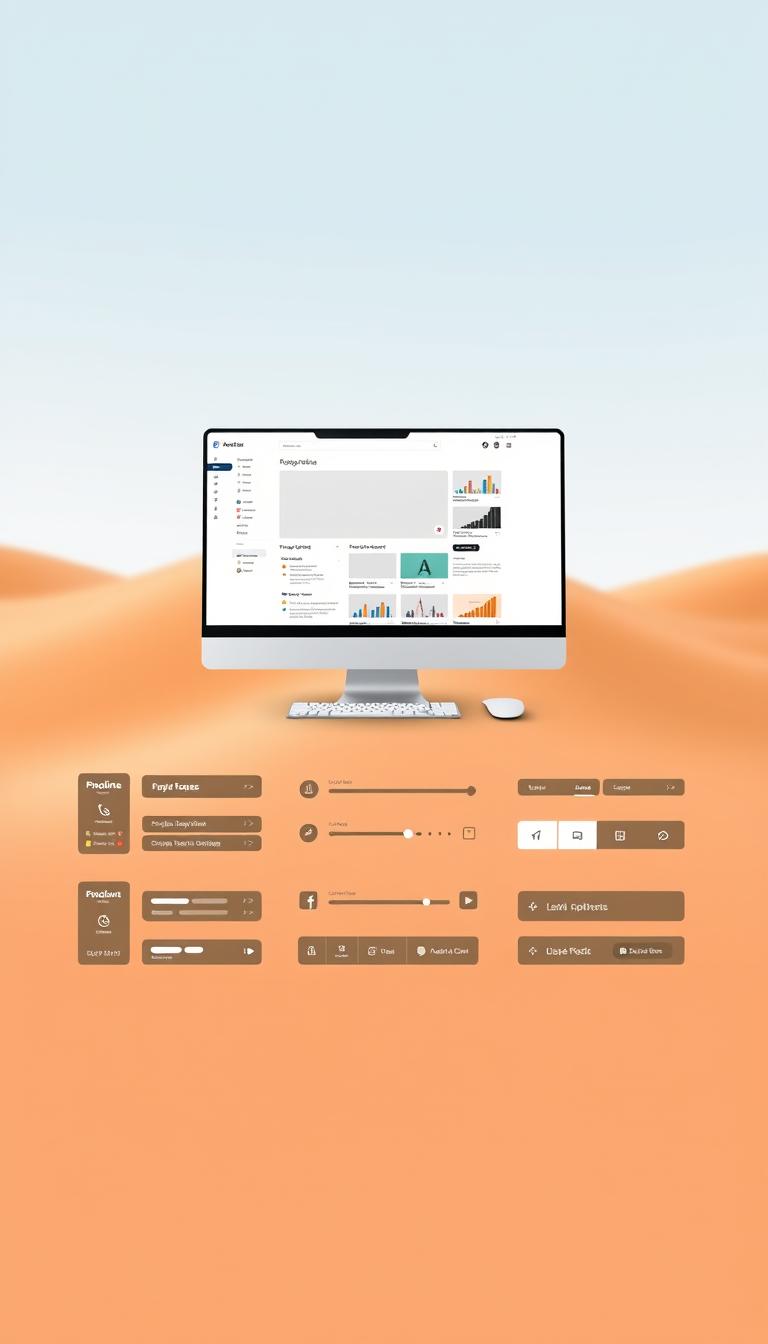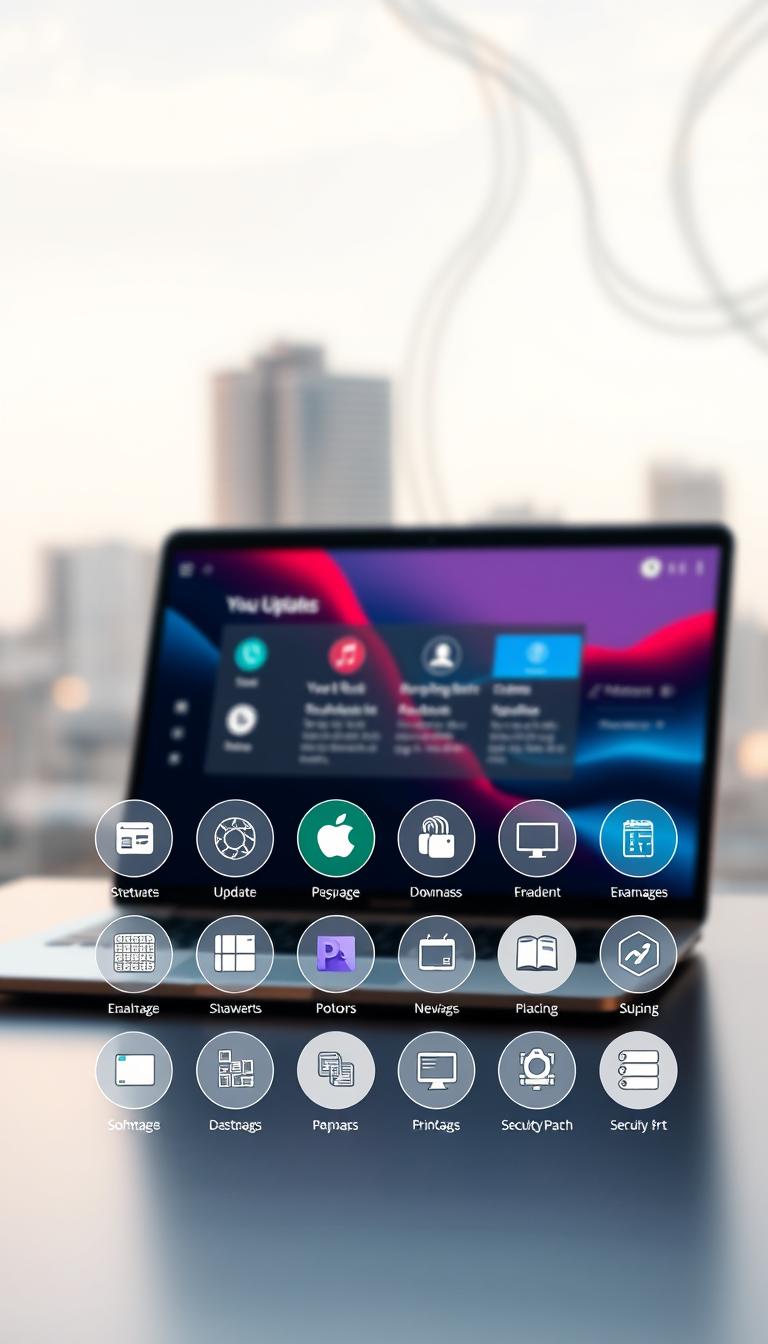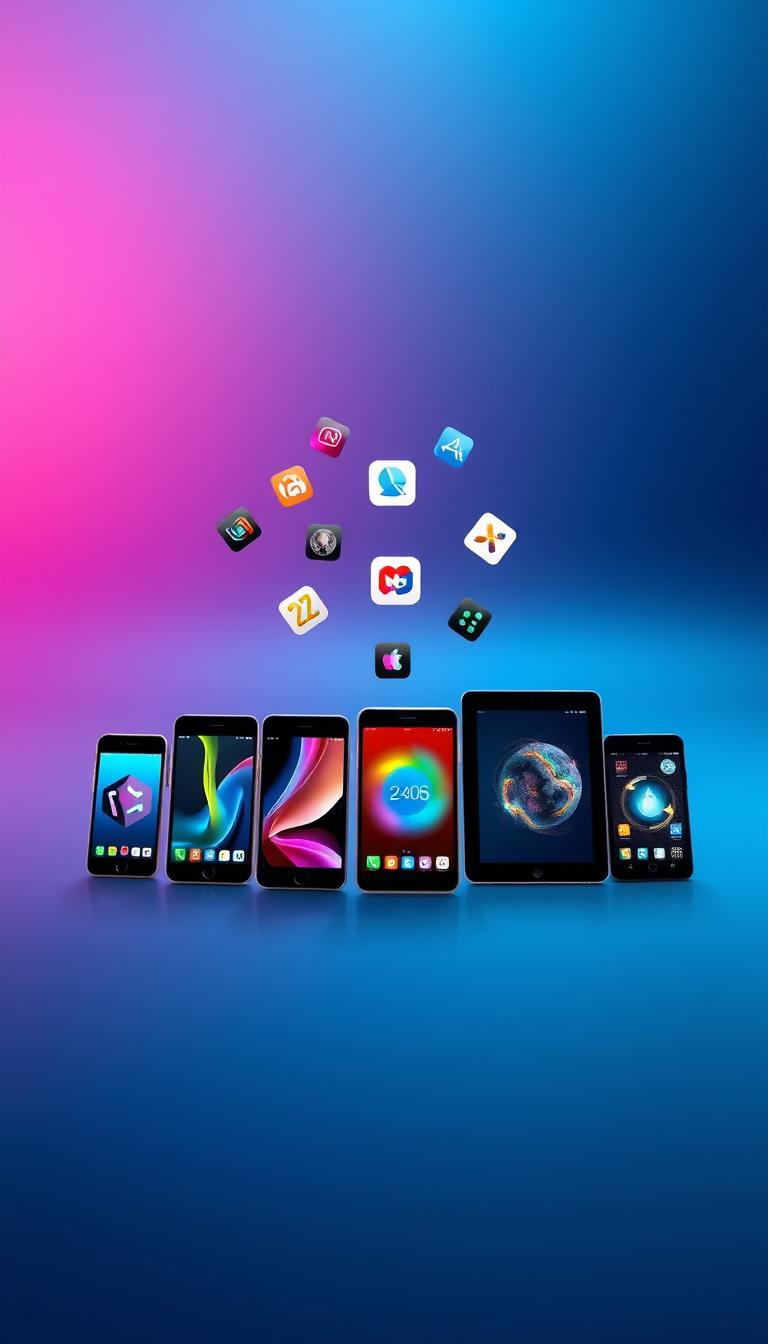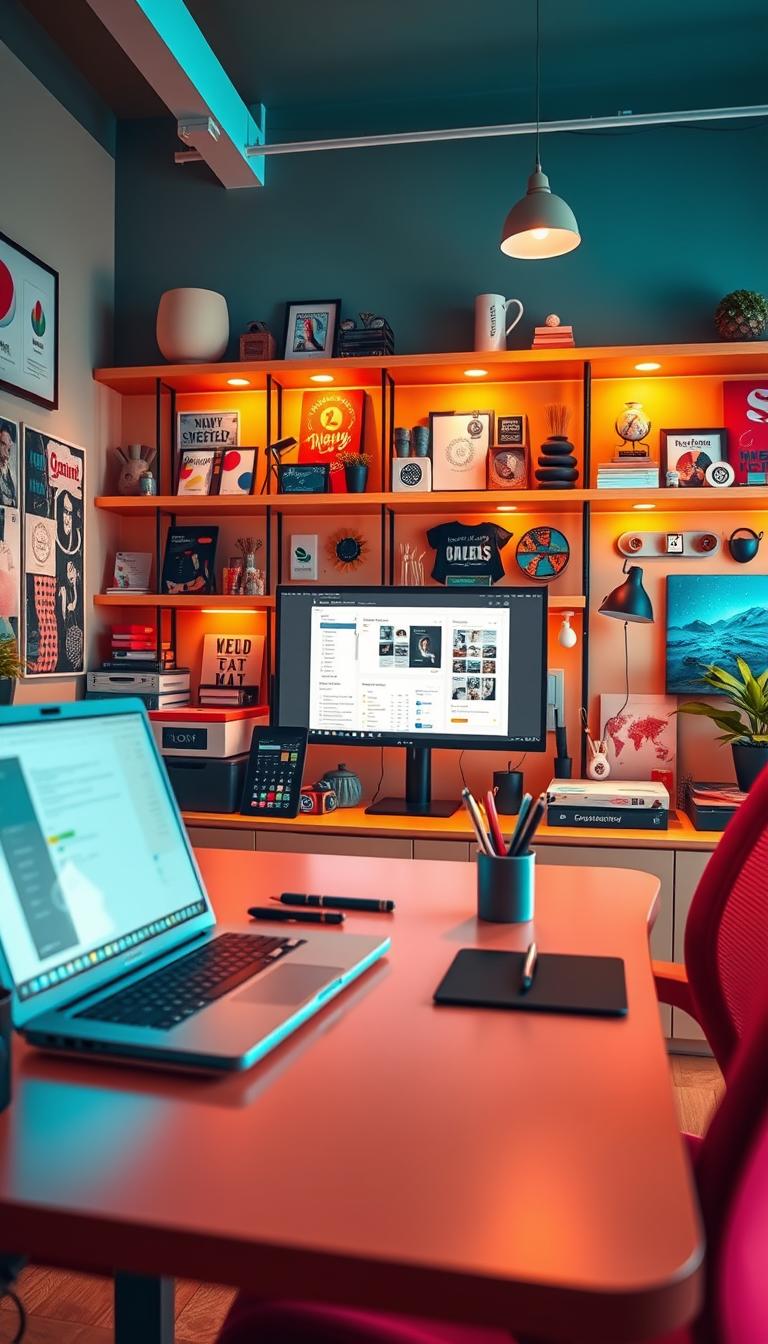
In today’s market, businesses must stand out to succeed. One great way is to offer personalized experiences that meet each customer’s needs.
Companies like Olipop and Passionfruit have found success with tailored strategies. This has boosted their customer engagement and loyalty. By doing the same, businesses can grow and increase their revenue through customization.
Key Takeaways
- Personalization is key to differentiating your business.
- Tailored strategies can lead to increased customer loyalty.
- Customization can drive business growth and revenue.
- Companies like Olipop and Passionfruit have seen success with personalized approaches.
- Implementing customization can be a competitive advantage.
Understanding Customization in Business
As people’s wants change, businesses are using customization to meet these needs. They make products or services that fit each customer’s unique wants. Companies like Graza and Little Sesame have seen success with this approach.
What is Customization?
Customization means making bespoke or custom-made items that fit each customer’s needs. This way, businesses can offer individualized solutions that match what each customer wants.
Using customization, businesses can stand out from others. They can build a strong place in the market. Companies that use customization have seen better customer satisfaction and loyalty.
Importance of Customization
Customization is key because it helps keep customers engaged and loyal. When customers get products or services that fit their needs, they feel closer to the brand. This can lead to more customers staying with the brand and even telling others about it.
Also, customization helps businesses learn what customers like. This information can help shape new products and marketing plans. By using this knowledge, companies can make campaigns that really speak to their audience, helping the business grow.
Types of Customization Available
Customization is key for businesses wanting to connect with customers. By tailoring products, services, and experiences, companies can stand out. They meet the changing needs of their customers.
Product Customization
Product customization means making or changing products to fit what customers want. Companies like Watson Design Inc. create bespoke trophies and other custom items. This lets businesses offer unique and made-to-order products that catch the eye.
- Customized clothes with personal designs or names
- Bespoke furniture that matches individual tastes
- Personalized gifts, like engraved items or photo albums
Service Customization
Service customization is about tailoring services to fit what customers need. This includes personalized consulting services, custom financial plans, or special educational programs. By offering personalized services, businesses can make customers happier and more loyal.
- Custom travel packages based on what customers like
- Personal health and wellness plans
- Custom IT solutions for businesses
Experience Customization
Experience customization is about making memorable and unique experiences for customers. This can be anything from planning special events to offering personalized entertainment. By focusing on the customer experience, businesses can make a lasting impact and build loyalty.
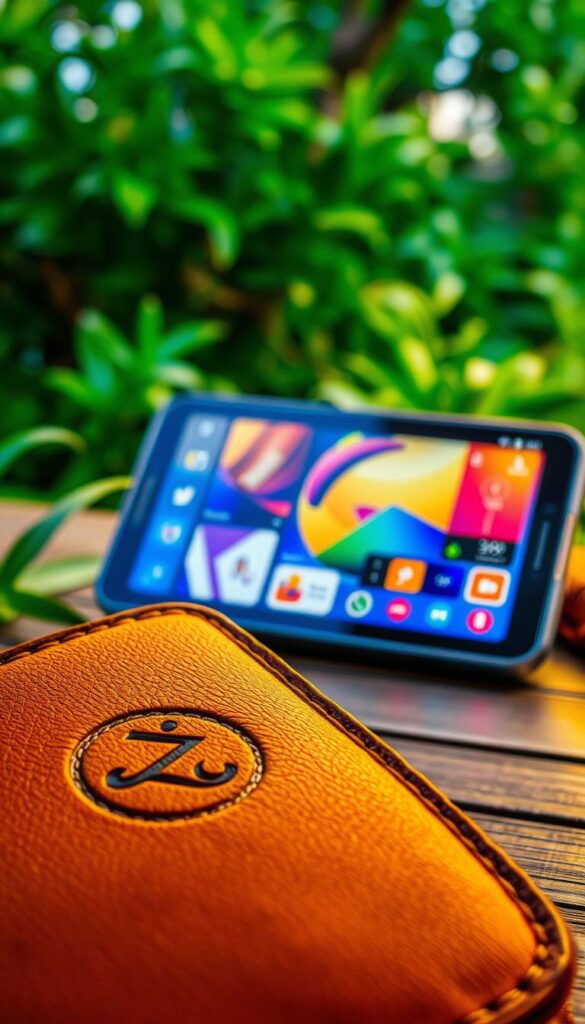
- Custom event planning for weddings and corporate events
- Personalized theme park experiences
- Tailored adventure tours based on what customers are interested in
In conclusion, businesses have many customization options. Each one offers unique benefits and ways to connect with customers on a deeper level.
Benefits of Customization for Businesses
The power of customization is huge. It creates tailored experiences that connect with customers on a personal level. This leads to many benefits for businesses.
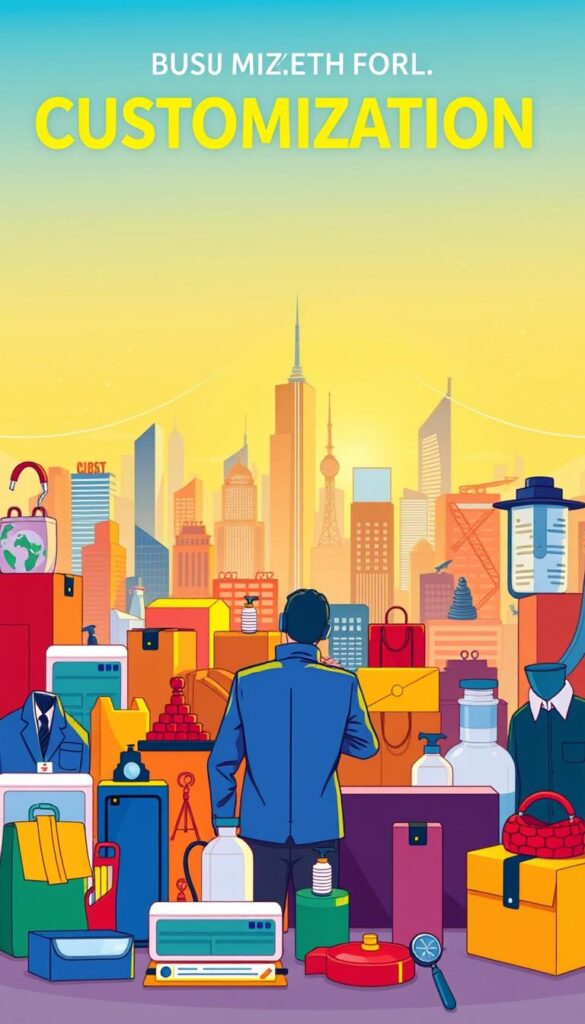
⭐️ Tap the exclusive deal link https://temu.to/k/uot8tcxvwum to score top-quality items at ultra-low prices. 🛍️ These unbeatable deals are only available here. Shop now and save big! ⭐️ Directly get exclusive deal in Temu app here: https://app.temu.com/m/mhb5rstagbx
Another surprise for you! Click https://temu.to/k/uag0bn0o0wd to earn with me together🤝!
Increased Customer Loyalty
Customization boosts customer loyalty. When customers see a product or service made just for them, they’re more likely to come back. For example, Amazon and Netflix have seen big increases in loyalty by offering personalized suggestions.
- Personalized experiences build a strong bond between the customer and the brand.
- When customers’ needs are met exactly, they’re more likely to keep coming back.
- Custom loyalty programs tend to get more engagement.
Enhanced Competitive Advantage
In a competitive market, customization sets you apart. Businesses that offer tailored products or services stand out. This uniqueness attracts customers who value personalized experiences.
This advantage isn’t just about being different. It also makes it hard for competitors to win over your customers. Once a brand has built a strong relationship with its customers, it’s tough for others to take them away.
Improved Customer Satisfaction
Customization boosts customer satisfaction by meeting their specific needs. When customers get exactly what they want, they’re happier. This is especially true in industries where customization offers a wide range of options.
Also, tailored experiences show customers that you understand them. Businesses that focus on understanding their customers and offering bespoke solutions see better customer satisfaction.
How to Implement Customization
Understanding your audience’s needs is key to successful customization. Businesses that get this right see big wins. They gain loyal customers and stay ahead of the competition.
Identifying Target Audience Needs
First, businesses must know what their audience wants. They gather data to learn about their customers’ habits and likes. Surveys, feedback forms, and social media help get this info.
Nike, for example, uses data to suggest personalized products. This makes customers happier and more loyal. Nike knows what their customers want, so they offer just that.
Utilizing Technology for Customization
Technology is essential for made-to-order and unique products. AI, machine learning, and data analytics help personalize offerings. Shopify uses AI to suggest customized products, making shopping easier.

Dell lets customers tailor their products, giving a unique experience. This boosts satisfaction and loyalty.
By knowing their audience and using the right tech, businesses can grow. They keep customers engaged and happy.
Case Studies of Successful Customization
Companies like Google and Amazon have shown how customization can lead to success. They tailor their products and services to fit what each customer wants. This approach boosts customer happiness and gives them an edge over competitors.
Examples from Tech Companies
Tech leaders are leading the way in customization to better serve users. Google’s search gets smarter with time, giving users tailored results. Amazon uses what it knows about you to suggest products, making shopping feel bespoke.
“The key to our success lies in understanding our customers’ needs and delivering personalized experiences.”
| Company | Customization Strategy | Outcome |
|---|---|---|
| Personalized search results | Increased user engagement | |
| Amazon | Product recommendations | Higher sales conversion rates |
Retail Brands Leading in Customization
Retail brands are also jumping on the customization bandwagon. OffLimits crafts meal plans that match your diet. Graza lets you mix your own salad dressings, offering a bespoke touch.
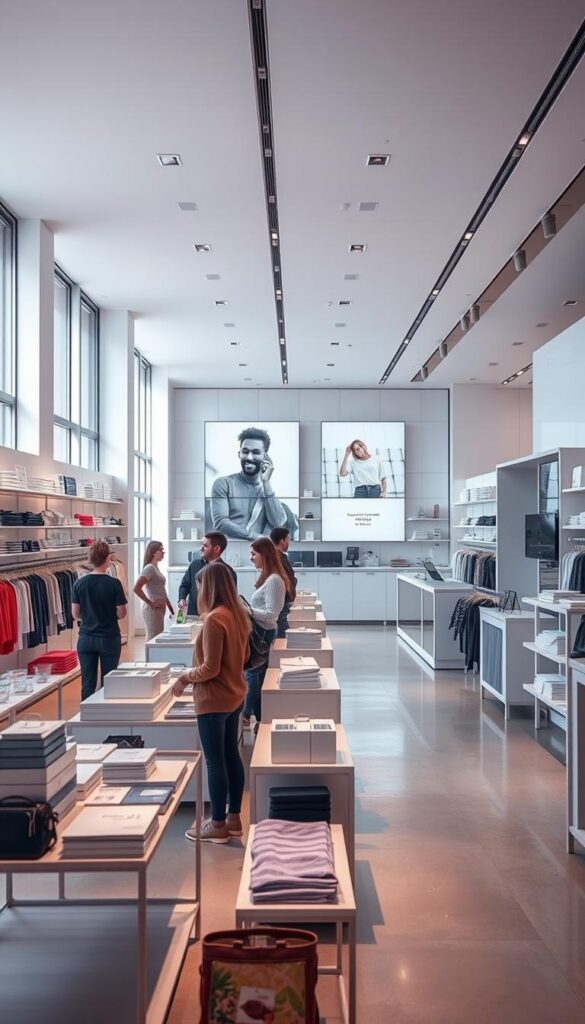
These examples show how customization can make a business thrive. By using tech and understanding what customers want, companies can offer tailored experiences. This builds loyalty and helps businesses grow.
Challenges in Customization
Customization is great but comes with big challenges for companies. They want to be unique and affordable at the same time. This means they face many obstacles.
One big challenge is balancing the cost of making things with what customers want. Companies like Sweet Beginnings know this well. They show us how important planning and new ideas are.
Balancing Cost and Customization
Keeping costs down while offering made-to-order products is hard. It takes flexible manufacturing and smaller batches. This can make things more expensive.
| Challenge | Description | Potential Solution |
|---|---|---|
| Higher Production Costs | Increased costs due to flexible manufacturing and smaller batches | Investing in advanced manufacturing technologies |
| Supply Chain Complexity | Managing varied components for customized products | Implementing efficient supply chain management systems |
| Inventory Management | Managing inventory for a wide range of product variations | Adopting just-in-time inventory systems |
Managing Customer Expectations
It’s key to manage what customers expect from customization. They want their unique needs met fast and right. If not, they might get upset and leave.
To keep customers happy, businesses need to talk clearly about what they can do. Using tech to keep customers updated can also help a lot.

By tackling the challenges of customization, companies can offer individualized products. They can meet customer needs while staying efficient.
Customization in Marketing Strategies
Today, personalized experiences are what consumers want most. This makes customization key in marketing. Businesses are now making tailored plans that speak to their audience.
Personalized Marketing Campaigns
Companies like Olipop and Passionfruit have hit the mark with personalized marketing campaigns. They use customer data to craft messages that meet their audience’s needs.
Olipop boosted sales with personalized emails. Passionfruit built a loyal fan base through targeted social media.

Utilizing Data for Customization
Using data is vital for customization. It helps businesses understand what their customers like and need. This way, they can tailor their marketing to fit perfectly.
Data helps spot trends and patterns. This knowledge guides marketing decisions. It makes customers happier and more loyal.
To use data well, businesses need to collect and analyze the right data. This includes what customers buy, how they browse, and who they are.
Future Trends in Customization
Customization is on the verge of a big change, thanks to AI and machine learning. These technologies are getting better, giving businesses a chance to make bespoke and custom-made products and services. They can now tailor things to what each person likes.
AI and machine learning help companies understand what people want. They look at lots of data to see what customers like. This way, they can make individualized experiences that make customers happy and loyal.
Integration of AI and Machine Learning
AI and machine learning are changing how we customize things. They let businesses guess what people might like and suggest it. For example, Amazon and Netflix use AI to recommend things based on what you’ve watched or bought.
AI is also used in making products. It helps companies make things that exactly fit what customers want. This makes products better and saves time and money.
| Technology | Application in Customization | Benefits |
|---|---|---|
| AI | Predictive analytics for personalized recommendations | Enhanced customer satisfaction, increased sales |
| Machine Learning | Customized product design and manufacturing | Reduced production time, improved product quality |
Growing Consumer Demand for Personalization
People want things that are just for them, which means more demand for custom products and services. If businesses don’t give what customers want, they might lose them to others who do.

To meet this need, companies use data and AI for individualized marketing and products. This helps them stand out and build better relationships with customers.
Measuring the Success of Customization
To see how well customization works, businesses need to look at different metrics and listen to what customers say. This helps them know if their personalized stuff is making customers happy and keeping them coming back.
Key Performance Indicators (KPIs)
Companies use KPIs to check if their customization is working. They look at things like how happy customers are, how often they come back, and how likely they are to recommend the company. For example, Shopify keeps an eye on these numbers to see if their customization is paying off.
By watching these KPIs, businesses can spot what needs work and make smart choices to better their made-to-order stuff.
- Customer Satisfaction Scores: Show if a company’s products or services are up to par.
- Retention Rates: Tell how many customers stick around over time.
- Net Promoter Scores: Ask one question to see how loyal customers are: “On a scale of 0-10, how likely are you to recommend our company/product/service to a friend or colleague?”
Customer Feedback and Surveys
Getting feedback from customers through surveys and other ways gives businesses a big advantage. It shows what customers really like about the unique stuff they get and where it could be better.
By mixing KPIs with what customers say, businesses get a full picture of how their customization is doing. This way, they can keep making things better, keeping customers happy and growing their business.
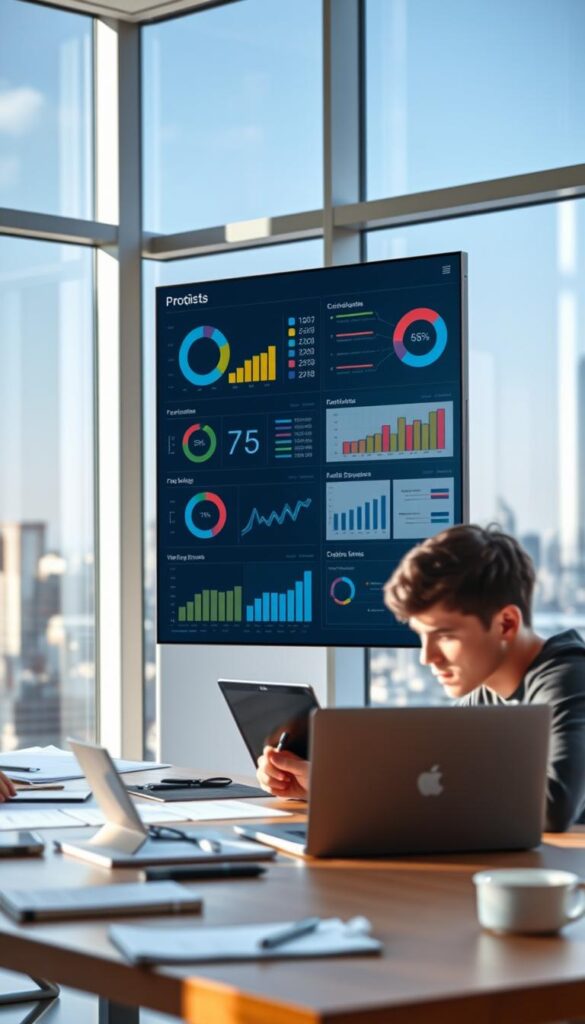
Conclusion: Embracing Customization for Growth
Businesses that use customization strategies grow faster and succeed more. They offer tailored products and services. This makes customers happier and more loyal.
Leading brands show how bespoke experiences can make a difference. They stand out and gain an edge over competitors. This approach improves customer satisfaction and business results.
To benefit from customization, companies need to understand their customers well. They must use technology to give personalized experiences. This way, they can lead the market and meet the increasing need for customization.
